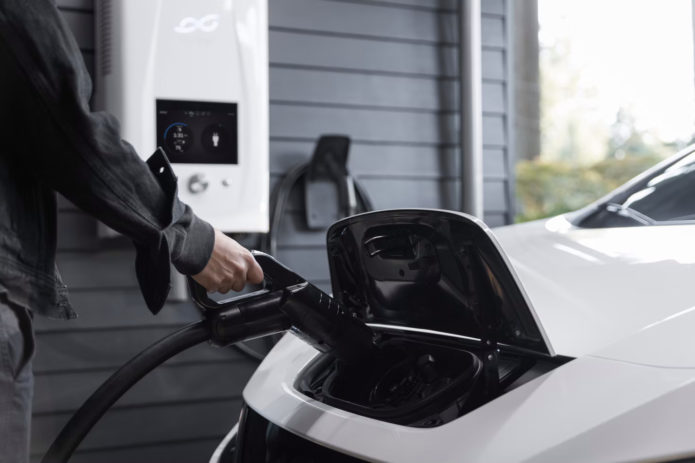There is no doubt that electric cars have come a long way since the first Tesla rolled out of the manufacturing plant. Since then, we have seen several advancements that are meant to help electric cars become more mainstream. Although more people are embracing electric cars, especially because of their role in helping tackle climate change, there are a lot of people holding back. The reasons for picking a diesel or petrol car vary from one individual to the next, but there are reasons many people agree on why they are not considering one yet.
Charging Infrastructure
Being the pioneer in the industry, Tesla was the first company to build an electric car charging network in various countries around the world. Because they were the first ones to get into the space, they have a massive network. But there is a problem.
To understand the issue, we have to understand how electric cars charge.
An electric car connects to a charger through a connector. Tesla has a different charging connector to the one used by all other electric car manufacturers.
This means that if you own an electric car other than a Tesla and are close to a supercharger, you cannot charge your electric car. The solution has been to use an adapter, but this is an inelegant solution that a lot of people do not want to deal with.
Now think of the standardisation of fuel pumps. Every car can use whatever fuel pump is available as long as it dispenses the type of fuel the car uses.
Cost
Electric cars are very expensive compared to petrol and diesel cars. This has been attributed to the cost of developing a new vehicle platform, with manufacturers wanting to recoup the cost of developing new technologies that make electric vehicles possible.
The only problem is that as the technology matures, it tends to become cheaper. Why has this not happened with electric vehicles? Some of the newer models still cost around the same as older models did. This is not to mention the new segment of pickup trucks that use the same technologies but that are too expensive for most people.
An option for people who want an electric car but cannot afford one outright is electric car leasing. To know how much it would cost to own or lease an electric car so you can pick the option that is better for you, check out the guide put out by ElectriX. ElectriX provides you with everything you need to know about owning or leasing an electric car including charging, running and ownership costs, the basics you need to know, and how to transition to electric cars. They also provide quotes for electric car insurance and home charges to get you started.
Battery Technology and Range
This is another area where electric vehicles have improved a lot. Electric vehicles have ranges that are as high as 630 kilometres. The average is around 330 kilometres, and these numbers are great for those who only want a car they can use to commute to and from work.
These improvements and ranges are possible because of the improvements in battery technologies that have increased battery density. This is the amount of charge that a battery can hold per unit of weight. These improvements have led to better batteries, but ones that are quite expensive.
This is because to make a battery that holds more charge, you need expensive materials that are also hard to procure. The cost of manufacturing an electric vehicle is already high, but the cost of the batteries makes it even higher.
We have briefly mentioned the range, but we need to look at it further. With the best electric cars having a range of over 600 kilometres, the average car has a range of about 400 kilometres on a single tank of fuel. Some cars have ranges of over 1000 kilometres, and this range can be improved by switching to a bigger tank.
While electric cars are great for inter-city commutes, they are not an ideal choice for a road trip, especially in cases where you are not sure about the reliability of the charging network.
Chip Shortages
With the technology already available, we have seen a lot of companies come out in the last year to say that they are making an electric vehicle.
Many of them have abandoned their plans due to the chip shortage being experienced in the world. Companies like Rivian and Ford had to delay their electric pickup launches because of this.
While this is a new challenge, experts estimate that the chip shortage will start easing around mid-2024, so we do not expect to see many new companies enter this space any time soon.
Conclusion
Experts fully believe that electric vehicles are the future and that they will play a significant role in helping ease the climate issues we are experiencing. However, they have to overcome the challenges they are facing right now, so they are embraced by more people and become mainstream.


